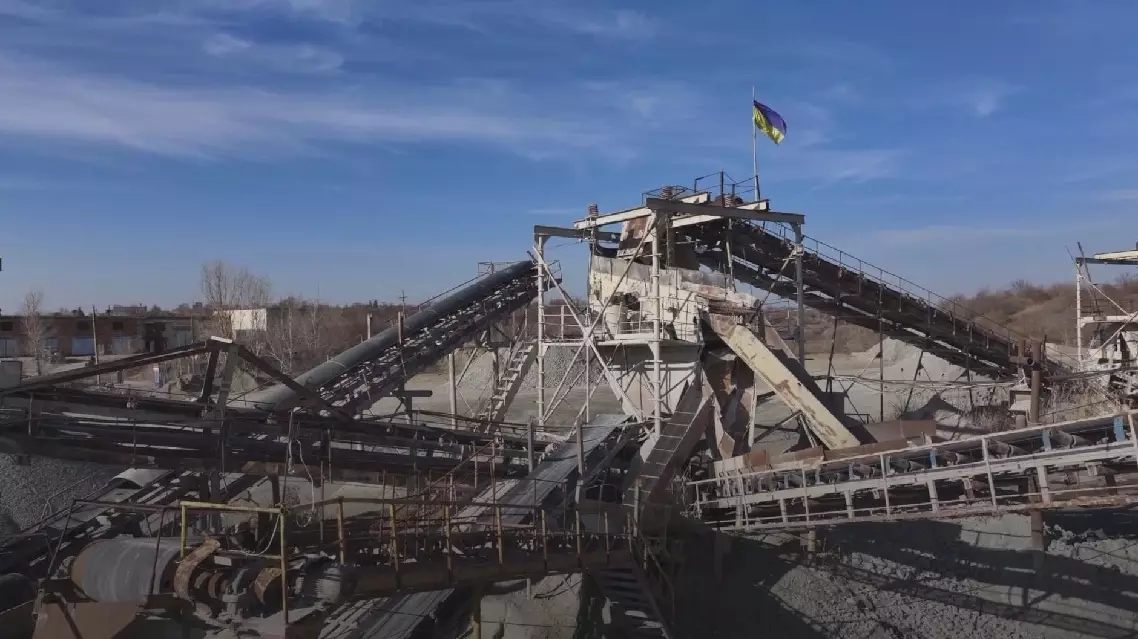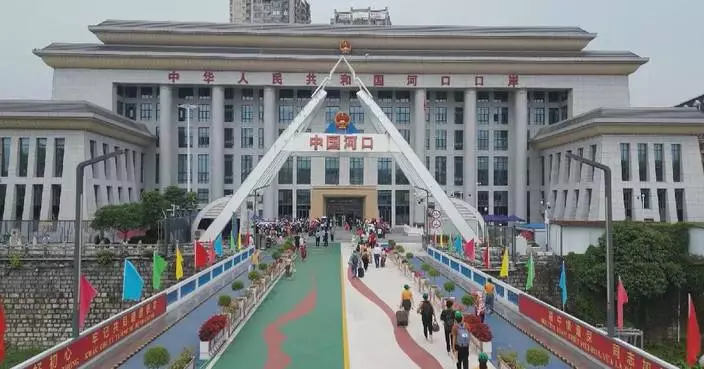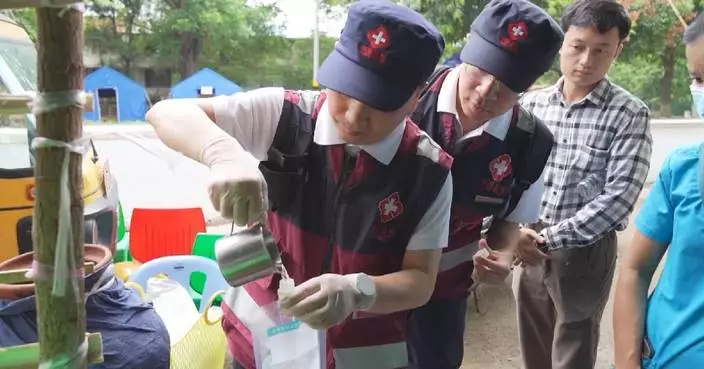China's aircraft carrier Fujian, which has just completed its first sea trial, brings the Chinese Navy into an era of three aircraft carriers and is expected to make great contributions to the development of the Chinese Navy, said a military expert on Wednesday in a phone interview with China Central Television (CCTV).
The Fujian, which is equipped with more new technologies including the electromagnetic aircraft launch system, is China's third aircraft carrier, after the Liaoning and the Shandong.
Named after the eastern Chinese province, the Fujian was completely designed and built by China. It features a full-length, flat flight deck with an advanced catapult-launch system for jets, with a full-load displacement of more than 80,000 tonnes.
Song Xiaojun, a Chinese military expert, said the Fujian is expected to make great contributions to the development of the Chinese Navy.
Song said that with three aircraft carriers, China can still have one in combat trainings or missions when the other two are being repaired or maintained in factory, or in training state. This allows the Chinese Navy to have one aircraft carrier stand by in important waters anytime and anywhere. With the electromagnetic aircraft launch system, Song said, the dispatch rate of aircraft on the Fujian can be higher than that of the other two aircraft carriers, which makes it more suitable to perform some key missions in important sea areas.
Song also believes that with the experience of sea trials and more matured technologies, the Fujian can set a good example for the Chinese Navy in the construction of aircraft carriers of the same type or even larger types.

Aircraft carrier Fujian brings Chinese Navy into three-aircraft-carrier era: military expert




















































